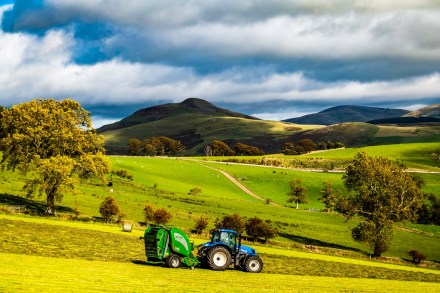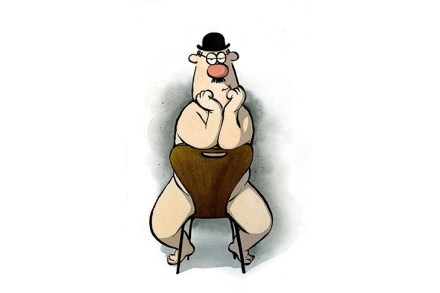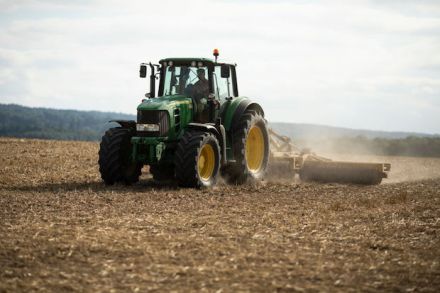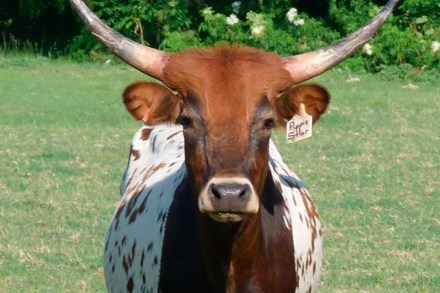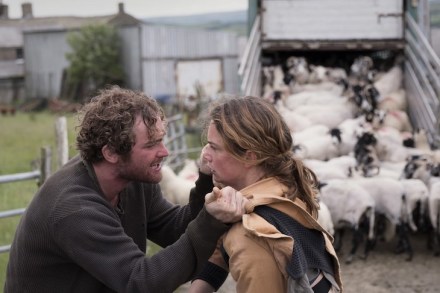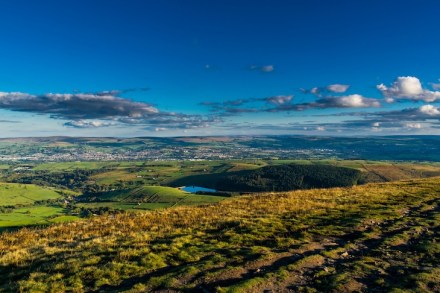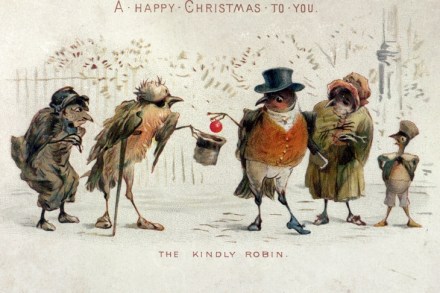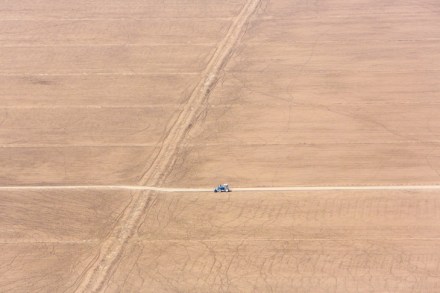Will coronavirus mean we finally begin to appreciate farmers?
Here in the Scottish countryside the labour force is creaking. A big dairy farmer nearby was relying on nine Irish students for calving – all nine went back to Ireland a few days ago to avoid the lockdown. The heroes of the countryside are the septuagenarians on family farms who have voluntarily broken self-isolation to maintain the flow of milk to the nation’s breakfast tables. Social distancing is something that comes naturally to us bumpkins, but it has to be ignored when push comes to shove. Have you ever tried cramming a prolapsed uterus back into a heifer with three people standing two metres apart? Meanwhile the key worker policy
